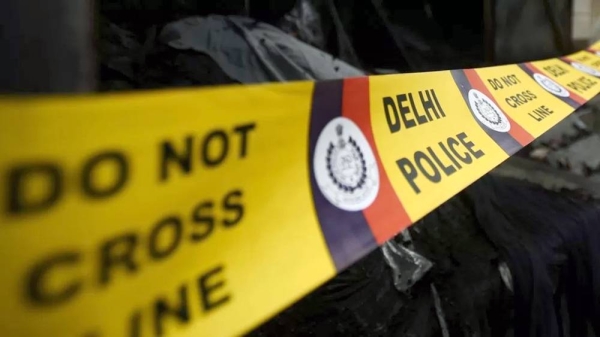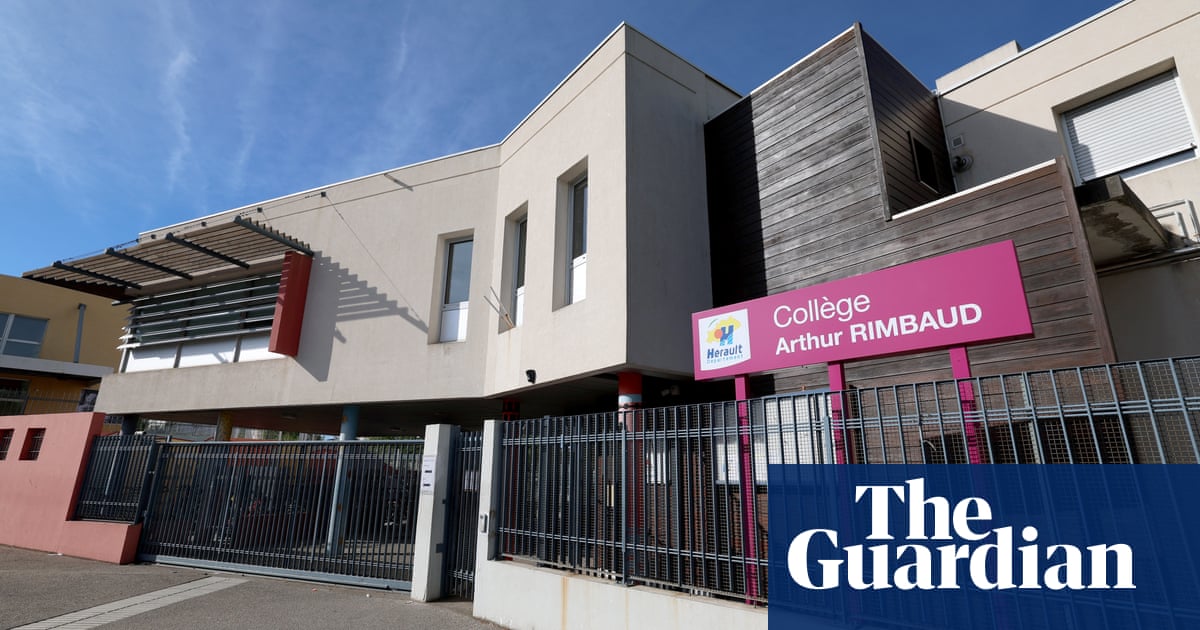
Hundreds of acid attack survivors are demanding stricter laws against the sale of chemicals, after two men on a motorbike threw a corrosive liquid on a 17-year-old girl on her way to school in Delhi last week.
According to investigators, the main attacker, a boy under 18, bought the acid online. The video of the incident captured by a CCTV camera was widely shared and caused outrage in India, leading to a new campaign to tackle online sales.
According to India’s National Crime Records Bureau data, there were more than 1,000 acid attack cases reported in the country between 2017 and 2021. The numbers fell from 249 attacks and 67 attempted attacks in 2019 to 176 attacks but 73 attempted attacks in 2021.
Authorities have attributed the decline in numbers to the pandemic lockdowns but continue to be concerned that many cases are never reported.
In 2013, an Indian high court ruling banned over-the-counter sales of acid to the public and said potential buyers would require a government-approved identity document and provide a valid reason for purchase. Sellers are obliged to retain a record of all sales.
The landmark Criminal Law (Amendment) Act came after a campaign led by Laxmi Agarwal, a woman from Delhi who was badly burned in an acid attack in 2005, when she was 15. The campaign won several gains for survivors, including access to rehabilitation.
Since last week’s attack, Agarwal has started a new petition demanding a total ban on acid sales. “I shudder to think that this can happen to any girl in this country,” she wrote on social media.
In two days, more than 10,000 people signed Agarwal’s petition.
“Acid can change someone’s life for ever. Acid leads to lifelong disfigurement of the face causing disability. The 20 rupees (20p) product takes away 20 years and more than £25,000 in treatment costs. It melts the skin down to the bones. It must be banned on an immediate basis,” Shaheen Malik, an acid attack survivor and activist, told the Guardian.
Malik’s foundation helps survivors with legal and medical help. In 2020 she filed a petition in the Delhi high court seeking a complete ban on acid sales, but it is still pending. Her own case has been stuck in legal limbo since 2009, while her attackers still roam free.
“I lost 60% sight in one eye, and went through 25 surgeries, and 13 years later, nothing has changed,” Malik said.
More than 1,500 acid attacks take place annually around the world. The vast majority take place in the UK, and the rest occur in South Asia, including India, Pakistan, and Bangladesh. In the UK attacks are mainly gang-related, while most are gender-based acts in South Asian countries. In India 80% of the attacks are against women, and independent agencies estimate that 60% of go unreported.
“It is a matter of grave concern that the acid was procured through an online shopping portal and thrown on a 17-year-old girl,” Malik said.
“This needs to be controlled, otherwise, we will have to face many such cases. Further, the retail sale of acid should be completely banned in the country,” said Swati Maliwal, the chair of Delhi’s Commission for Women, as she issued a notice demanding to know why acid was still available on Flipkart, the online site where the perpetrators of the attack on 14 December allegedly bought the chemicals.












